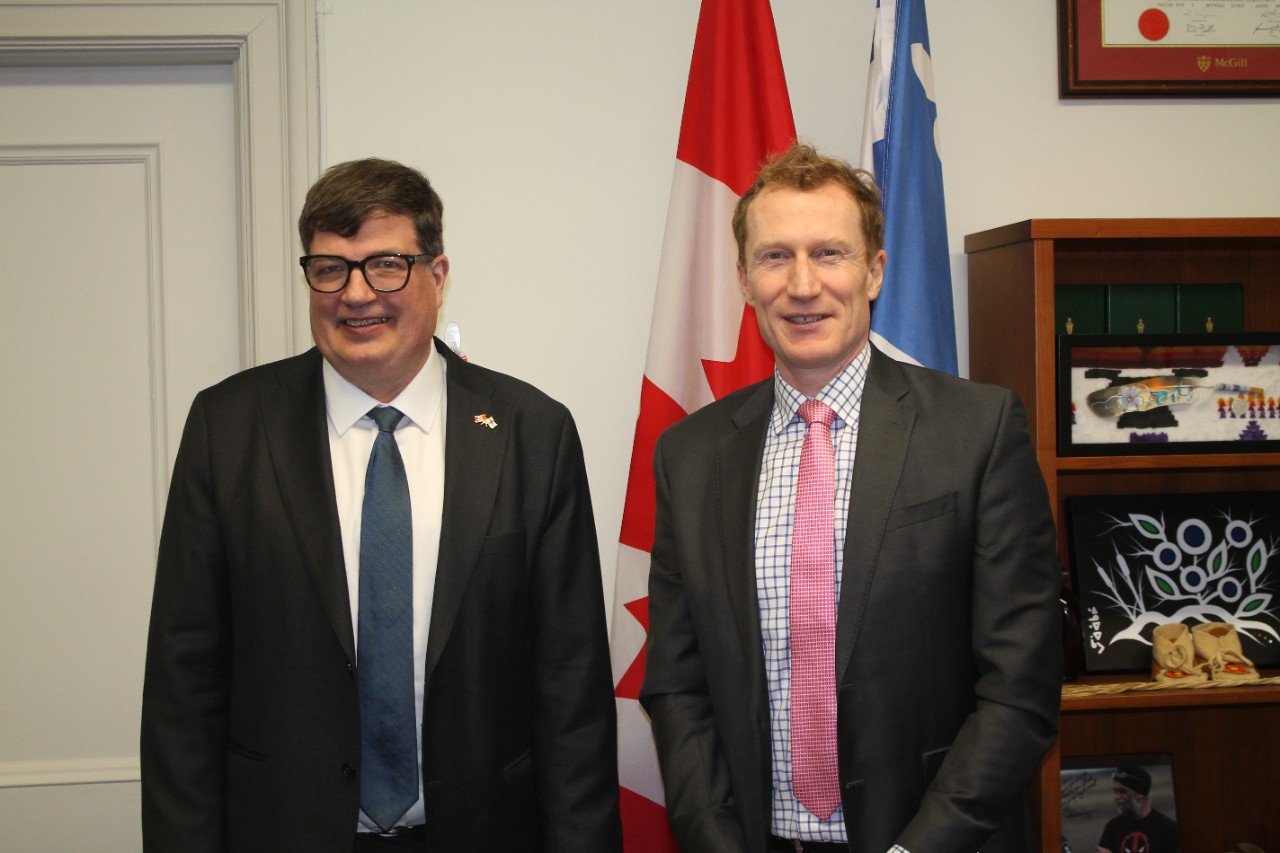Recent announcements from the Canadian government, particularly by Immigration Minister Marc Miller, have set the stage for significant changes in the landscape of international education in Canada. The new policies, aimed at “bad actors” in the education sector and addressing concerns about the growing impact of international students on the housing market, propose a limit on the number of student visas issued in the next two years.
Study Permit Limitations: A Strategic Reduction
In a bold move, the federal government has declared that it will approve only 360,000 undergraduate study permits in 2024, aiming for a 35% reduction from 2023. This cap introduces a significant decrease, signaling a drastic shift in Canada’s approach to international education. Each province and territory will receive a portion of this total, allocated based on population. This method ensures a more balanced distribution but could lead to significant reductions in provinces with unsustainably high numbers of international students.
Minister Miller’s concerns about certain private institutions exploiting international students by offering limited resources, inadequate student support, and high tuition fees while significantly increasing their international student numbers are at the forefront of these changes. The government aims to ensure quality education and support for international students, rather than allowing them to be used as financial assets by opportunistic institutions.
Provincial Autonomy and Allocation: New Requirements
Provinces and territories will have the authority to decide how to distribute these permits among universities and colleges within their jurisdiction. This autonomy could lead to varied impacts across the country, with some regions potentially experiencing more profound effects than others.
Further tightening the process, international students must now provide a letter of attestation from the province or territory as part of their study permit application. This adds a layer of assurance that students are heading to recognized and reputable institutions.
Changes in Post-Graduation Work Permit Program
Significant amendments to the Post-Graduation Work Permit Program (PGWPP) are also underway. Starting from September, international students enrolled in certain private university programs affiliated with public colleges will no longer be eligible for post-graduation work permits. Additionally, work permits will be restricted to spouses of international students in master’s and doctoral programs.
Graduates of master’s programs and other short graduate-level programs will soon be eligible to apply for a 3-year work permit. This change addresses a long-standing issue where the length of the post-graduation work permit was solely based on the study program’s duration. Previously, this policy inadvertently hindered master’s graduates by limiting their time to gain valuable Canadian work experience, which is often a stepping stone to permanent residency.
These changes represent a significant shift in Canada’s approach to international education. While aiming to protect the integrity of its education system and the well-being of international students, these policies could also have unintended consequences. These include reduced cultural diversity in educational institutions, potential financial challenges for universities reliant on international tuition, and impacts on local economies.
Need Help Navigating These Changes?
The current landscape for international students aspiring to study in Canada is becoming increasingly complex. Our immigration consulting services can guide you through these new challenges. We offer comprehensive assistance in preparing, advising, and representing your immigration applications.
Contact us today to ensure your educational journey in Canada is successful and compliant with the latest immigration regulations.












